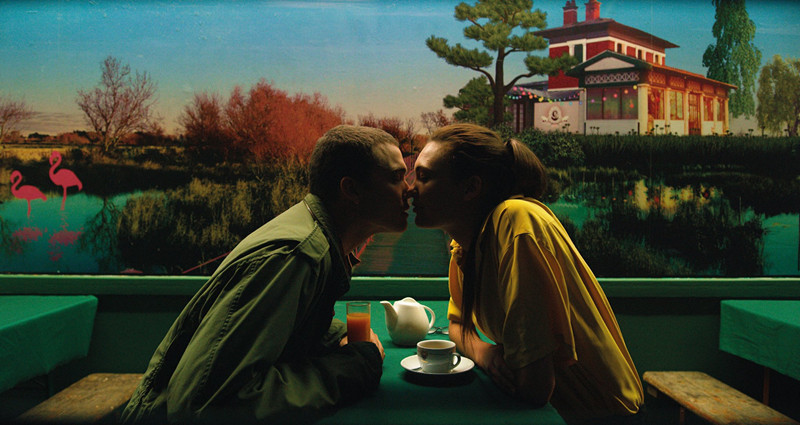
In a literal sense, the notion of romance is a feeling of mystery, excitement, and remoteness, a welcome escape from the mundanity of daily life. If this definition seems acceptable, then a visit to a haunted house can be the most romantic experience in a person’s life; however, this is generally not regarded as the best example of romance.
There are different connotations of romance; it can come from a solo trip to a forest, a satisfying solution to a midnight hunger craving, or a bungee-jumping thrill ride. Despite all of these alternate ideologies toward romance, the best and most popular idea of romance is still attached to the excitement of love, as romantic love has been seen as the omnipresent ideal fulfillment of life for generations.
Romance is then directly connected with being in a relationship, be it in a ceremonial affair like marriage or a personal connection like a live-in relationship. Life can be shattered when complications come to break this happy monotony.
Now, it is certainly clear that this list regards romance as per the more traditional stigmata, with the feeling of happiness associated with a conjugal pairing. It is frightening to discover that a much-celebrated emotion like love is fragile, fake, and not the all-encompassing lovey-dovey event. The harsh but bitter truth is that no one can love another person better than the person themselves.
Love is nothing more than a projection that reflects back the idea of narcissism in the veil of compassion toward a selected partner. A new day can arise and one can find that their partner is not at all like what they seemed at first. It is not a transformation of one’s persona, but rather a mere discovery that comes through excessive knowledge of another person’s life.
The illusion can be over for someone and they can abandon the other person in the middle of a great emotional turmoil in an instant. Or the ramifications can be more disturbing: a spouse can suddenly turn into a vicious killer, or the physical demand and submission in the midst of intimacy can ultimately result in asphyxia.
These instances will scare any sane person before committing to a relationship; these are the antithesis of romance and there are many examples in the cinematic world. Without further ado, here are the 10 great anti-romance movies.
1. Gone Girl
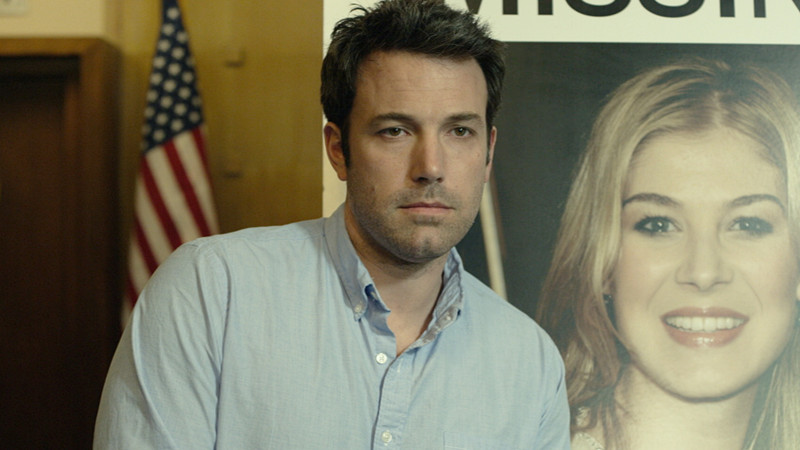
No one deserves a wife like Amy Dunne, a complex psychotic woman with childhood issues, who can and will go to any lengths to protect her love life and ideal narcissism intact. It is easy to heal your partner’s childhood trauma through counseling and a lot of care and love, but it’s nearly impossible to recover a patient who has started to show psychotic tendencies and the will to manipulate any event using trauma as an excuse. Our society doesn’t have a dearth of fake happy marriages, but it is extremely rare to find a spouse who will frame their partner in revenge for infidelity.
Amy does exactly that and much more. After discovering that her husband Nick is cheating on her with one of his students, she fakes a pregnancy by befriending a pregnant neighbour, creates an imaginary diary that makes Nick look suspicious, kills one of her old lovers, and blackmails Nick with another new pregnancy that is artificially created by stolen semen of Nick.
The film also observes Nick’s adultery with his student from a distance, subtly alerting the audience that it is nothing more than a casual fling, not a serious romance. Nick and Amy’s relationship deteriorates during the recession, which again refutes the very notion of an all-encompassing ideal love or romance.
In the opening acts, the film structures its plot around the investigation of Amy’s disappearance, and it is an allegory of society’s curiosity about how an ideal marriage can go wrong. The irony is that there is probably no ideal marriage in our society, and everyone is compromising for stability. That’s the difference with Amy Dunne, who wrote the bible of anti-romance on screen.
2. Who’s Afraid of Virginia Woolf
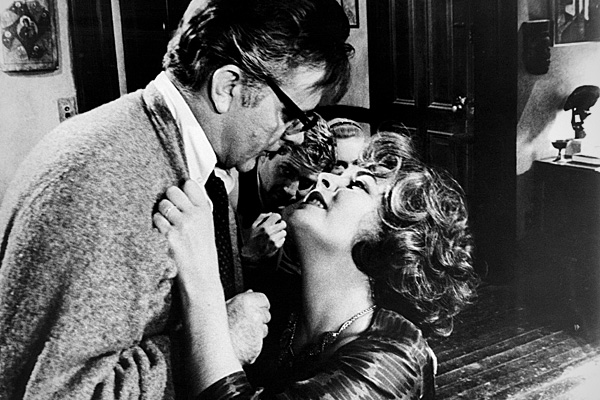
One eventful night can change everything. The spell of alcohol can unearth the deepest secrets, and the lies can be exposed layer after layer. In Mike Nichols’ first film “Who’s Afraid of Virginia Woolf,” adapted from a play with the same name, the relationship of Martha and George is tested over the course of a single night shared with guests, and the guests’ conjugal affinity is also contrasted with the hosts.
The bitterness in George and Martha’s relationship comes alive after heavy drinking, and a deep sexual tension grows between Martha and Nick, one of the guests. As a result, an adulterous affair starts between Martha and Nick, and George happens to be a silent spectator of that scene.
The unhappy married life of Nick and Honey is also revealed, as it turns out that Nick married Honey because he’s greedy for her property. Everyone seems to have developed coping mechanisms to deal with their unsatisfied married lives; Martha befriended alcohol and Honey silliness.
It projects marriage and the romantic idea associated with it as a veil and the honest truth as an act of war. A nightmare for any couple in love, this film is a warning of what could become of a romance.
3. Body Heat
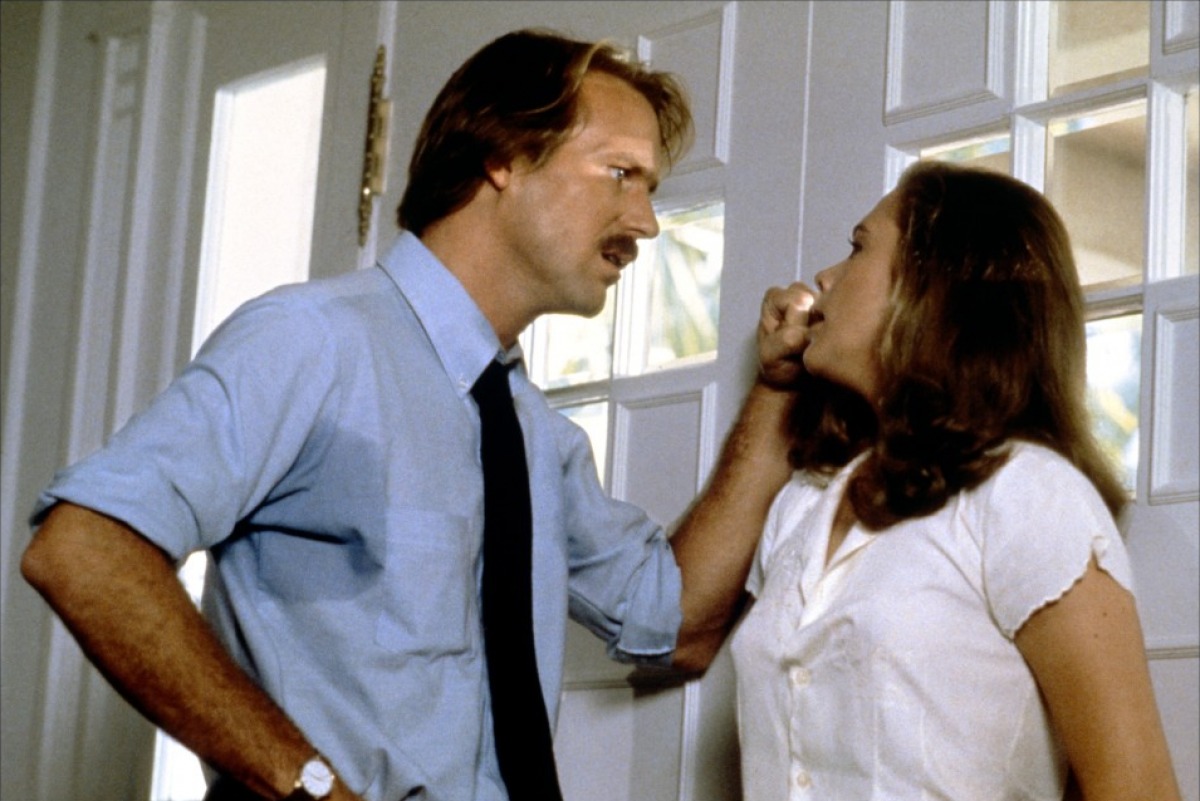
The purity of romance outside marriage is contentious as most of the time it turns out that the affair is only the outcome of boredom in monogamy, and not a romantic decision. It is more the attraction of original sin, an adventure that is prohibited by society.
In that way, it matches with our first definition of romance: the excitement that comes with a welcome escape from the daily mundanity of life. Still, there are instances that show us the potentially dangerous consequences of this risky game.
Generally, the partners in such affairs are a totally unexplored arena for each other, so their motivations are in the same way undisclosed. Femme fatales have been widely explored in films over the years, but in Lawrence Kasdan’s “Body Heat,” the femme fatale is more conscious in emotionally looting her partner for profit.
There is not a single hint of romance in Matty Walker; she is fully invested in making Ned her prey by using the great tool of sensuality. She will utilize Ned to plan her escape with the husband’s property and emotionally abandon him and try to kill him to close the circle. This is a film that scares every viewer from getting into a romance like this.
4. U-Turn
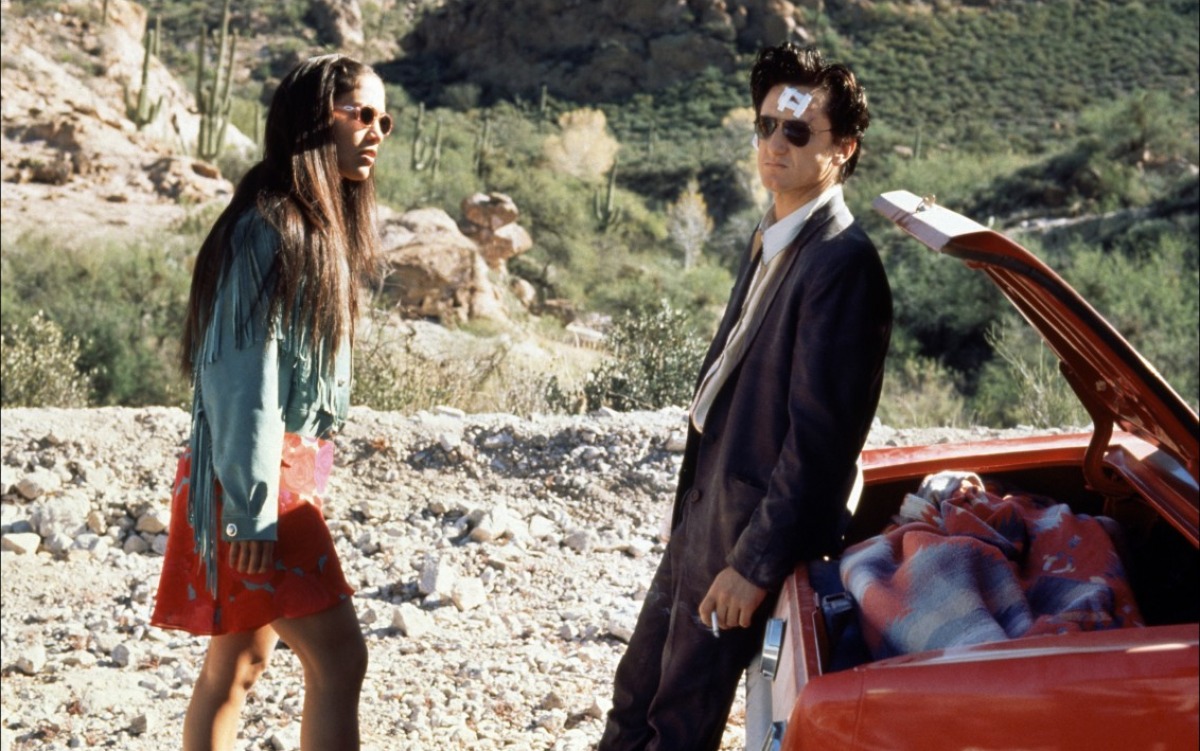
Sometimes you get into a new relationship and it goes only downhill after that. It is like being stranded in the middle of the desert with no escape from the perennial heat. Oliver Stone, in his rare departure from political cinema, tries his hand in the neo-noir genre with “U-Turn.”
Contract killer Bobby, played by Sean Penn, is on the run from a gangster with great debt, and in the midst of his journey in a local small town, he meets a strange couple. They are both interested in killing their partners of the opposite sex and they hire Bobby for the task of murder.
Nick finds romance with Grace, the wife of the man who first hired him, and kills the man in a U-turn. They both escape with the fortunes of the man to start a new life, and kill a sheriff who was another former lover of the woman. When Bobby is busy dumping the body, Grace pushes Bobby off of a cliff to escape with all the money alone, forcing Bobby to kill her. Bobby gets trapped in the heat wave and dies the next day.
The film again shows the treacherous characteristics of the female psyche. The audience only gets to know two male characters who only care for profit in the span of the film’s runtime, but the film suggests that many others were intact. She is indeed a great femme fatale who is only interested in fortunes and fakes romance for the easy way out. It is difficult to believe in love again.
5. Anomalisa
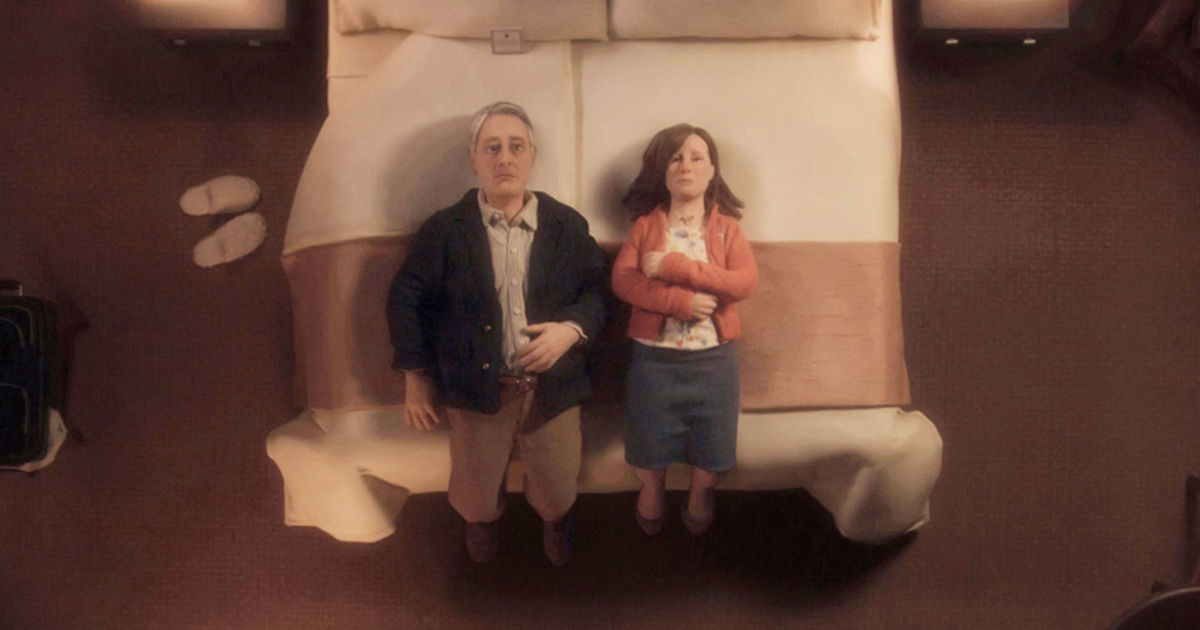
Existential dread is a big repeller of romance, the idea that fosters the purposeless days of mankind into a purported meaning. Romance is the by-product of a peculiar fantasy, an insanity that is socially accepted to be true.
If it was an Ozu film, people would have been busy conversing about the randomness of life, but Charlie Kaufman likes to design his films in different ways. It is more because the protagonist Michael is a customer service expert who is less interested in these intellectual discourses, but is driven into boredom by the same force that he doesn’t quite recognize.
As a result, everyone appears to be the same boring person to him, and nothing enchants him until he hears a young woman named Lisa, whom he thinks as the romantic solution to his problem, and proposes to her. All goes well, she accepts his proposal, but as time goes by, Michael discovers that she is like everyone else in the world and not the goddess of heaven as he thought her to be.
Everyone has their own idea of romance, for their own expectations, and when it doesn’t match, the affinity evaporates. It blows fast for Michael because of his Fregoli syndrome, but everyday the same is happening to nearly every other couple, albeit at a slower pace.